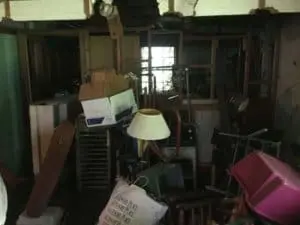7 Mistakes People Make When Trying to Sell their House – Part 1
This is the first post in a three blog series.
Selling a house can be an easy task. It’s the one-size-fits-all approach that could mislead you from doing what’s right for your property. Your property is unique and though you want to gauge your market, your area and your neighborhood, it isn’t always wise to ape what every other seller on your street is doing.
Here are some questions that you need to answer to check if you’re doing the right things for your house:
1. Underestimating the Competition
Your property may be unique, but if a buyer has come to see your house, chances are that they will also check out the other available houses on your street. It’s not a bad idea to go out and investigate all the comparable prices of houses in your area and neighborhood. It’s time well-invested. Better still; hire an appraiser who would have done your homework for you. They will be able to point out problem areas or asset depreciators that will stop you from making a good sale. Sometimes, just fixing or upgrading a few things in your house could raise its value by a huge amount.
2. Overestimating the Value
Know what home buyers are looking for. Do your own research. Often sellers look at other houses on their street, and set the home price structural similarities. A three-bedroom-two-bath home with a hot tub Jacuzzi in the master bathroom and a fully upgraded kitchen is bound to sell for a higher price than a regular three-bedroom-two-bath.
Some critical features that buyers have been looking for include: location, neighborhood and community, structural design and size, number of bedrooms/bathrooms, special amenities, availability of schools, privacy and other facilities. Some things are not in your control, but there are areas that can we worked upon. If you decide to sell your house as is, you want to take some of these factors into consideration.
Preparing Your Home for Sale on a Very Tight Budget
When you go to sell your home, you may very aware of what real estate agents always say: Fix up your home to get the best price. The recommendations run the gamut from fresh paint to a new kitchen. Frontdoor.com suggests that you put up to 15% of your home’s value...
